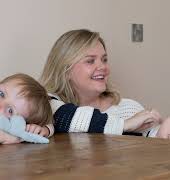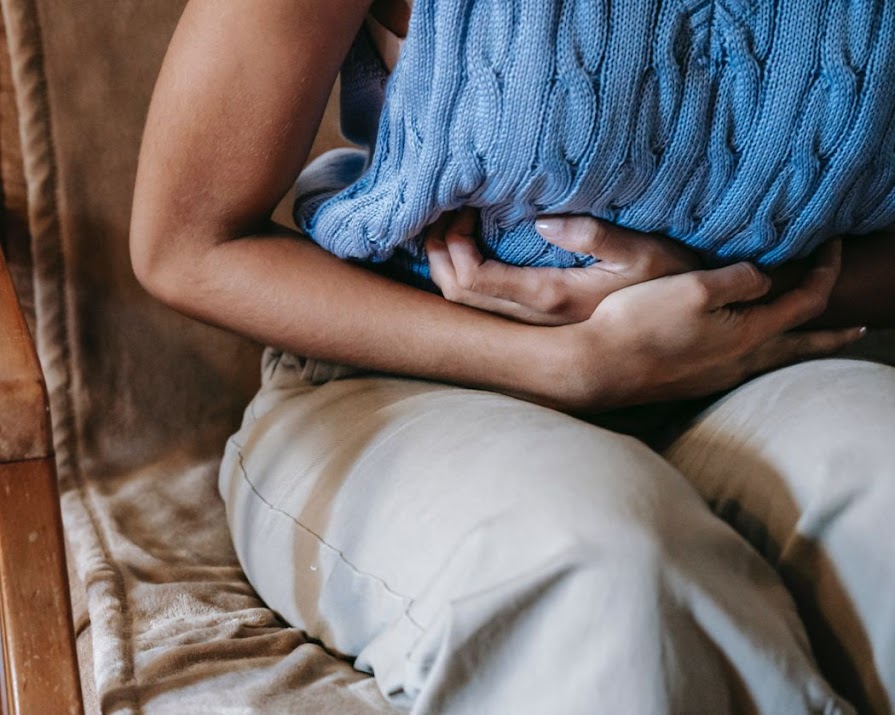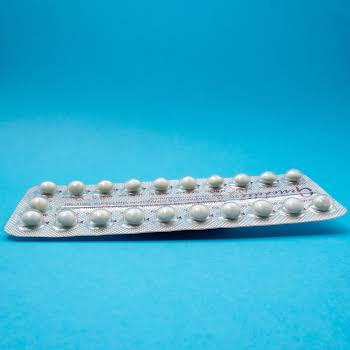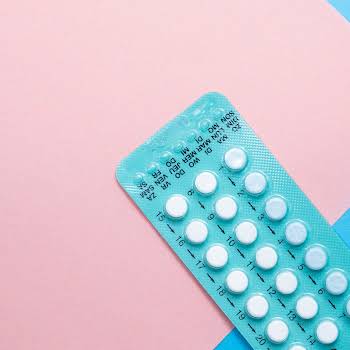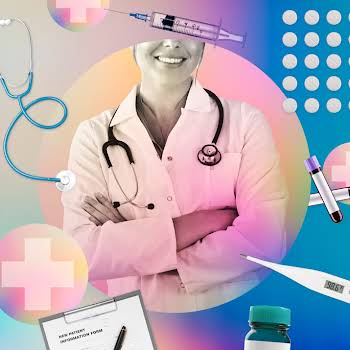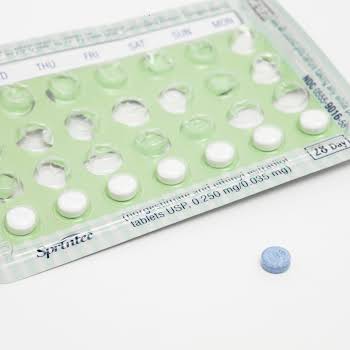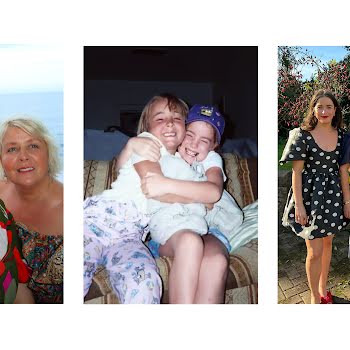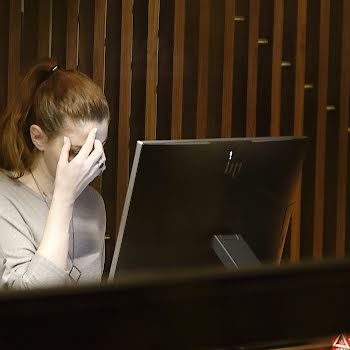Ask the Doctor: ‘My painful periods have been getting worse and I still haven’t managed to get pregnant since coming off the pill four years ago. Is this normal?’
By Sarah Gill
30th Aug 2022
30th Aug 2022
All your burning health questions answered by the professionals.
“I suffer with extremely heavy and painful periods, which have been getting worse since coming off the pill 4 years ago. I am 34, do not have children, and thus far have not managed to get pregnant with my husband. Is this normal? I don’t like taking painkillers but take a large amount each month for my period pain, and have sometimes been out of work due to this pain. Is there something I can do for this or is it just a case of having to put up with it for life?”

Answer from Dr Oxana Hughes, consultant gynaecologist in the Beacon Hospital’s women’s centre specialising in women’s health, gynaecology and minimally invasive surgery.
Advertisement
Between 45 – 95% of women experience crampy pain during periods, and about 1/3 have severe pain. This is often in tandem with heavy blood flow. Primary Dysmenorrhoea is the occurrence of painful periods, where there is no underlying cause found. It is related to natural chemicals called prostaglandins, that are produced by shedding endometrium (lining of the womb), that can cause muscle and vascular spasm, and consequently, pain.
Normally this will respond well to simple painkillers, such as nonsteroidal anti-inflammatory drugs (Ibuprofen), which reduce the level of prostaglandins. Other cases respond to contraception. It is usually improved with age and after a pregnancy. We often hear women say, “I used to have painful periods, but they settled after having children”.
Often periods also become heavier after stopping contraception. Contraceptive pills tend to reduce the amount of bleeding in general, and as such reduce the levels of prostaglandins and consequently, reduce pain. This explains why after stopping the contraception the pain can return, so can heavy periods.
In some cases when contraception and simple pain killers don’t help, there could be an underlying cause such as endometriosis fibroids or ovarian cyst pelvic inflammatory disease. It can also be associated with difficulties with conceiving; therefore, it would be advisable to seek help early to diagnose the cause of pelvic pain and treat in a timely manner. The diagnosis process may include pelvic ultrasound or MRI, in some cases laparoscopy, or hysteroscopy (look inside of the womb to diagnose polyps or fibroids).
The treatment would depend on the cause and fertility plans. Most of the time, hormonal contraceptives are used, however this may not be acceptable for women trying to conceive. In this case, non-hormonal medications would be prescribed by your doctor for management of pain and abnormal bleeding.
There are some other non-traditional methods such as acupuncture, acupressure, and nerve stimulation therapies that many women find helpful. Physical therapy that eases trigger points may also help with pain. Exercising most days of the week can make you feel better as aerobic workouts such as walking, jogging, biking, or swimming help produce chemicals that block pain. Taking a warm bath or placing a heating pad or hot water bottle on your abdomen can be soothing. As well as that, getting enough sleep before and during your period and relaxation techniques such as meditation can also help you cope with pain.
Advertisement
It would also certainly be worthwhile speaking with your GP to discuss treatment options and further investigation if needed.
Have a question for the professionals you’d like answered? Get in touch with sarah.gill@image.ie with the subject headline ‘Ask The Doctor’.




